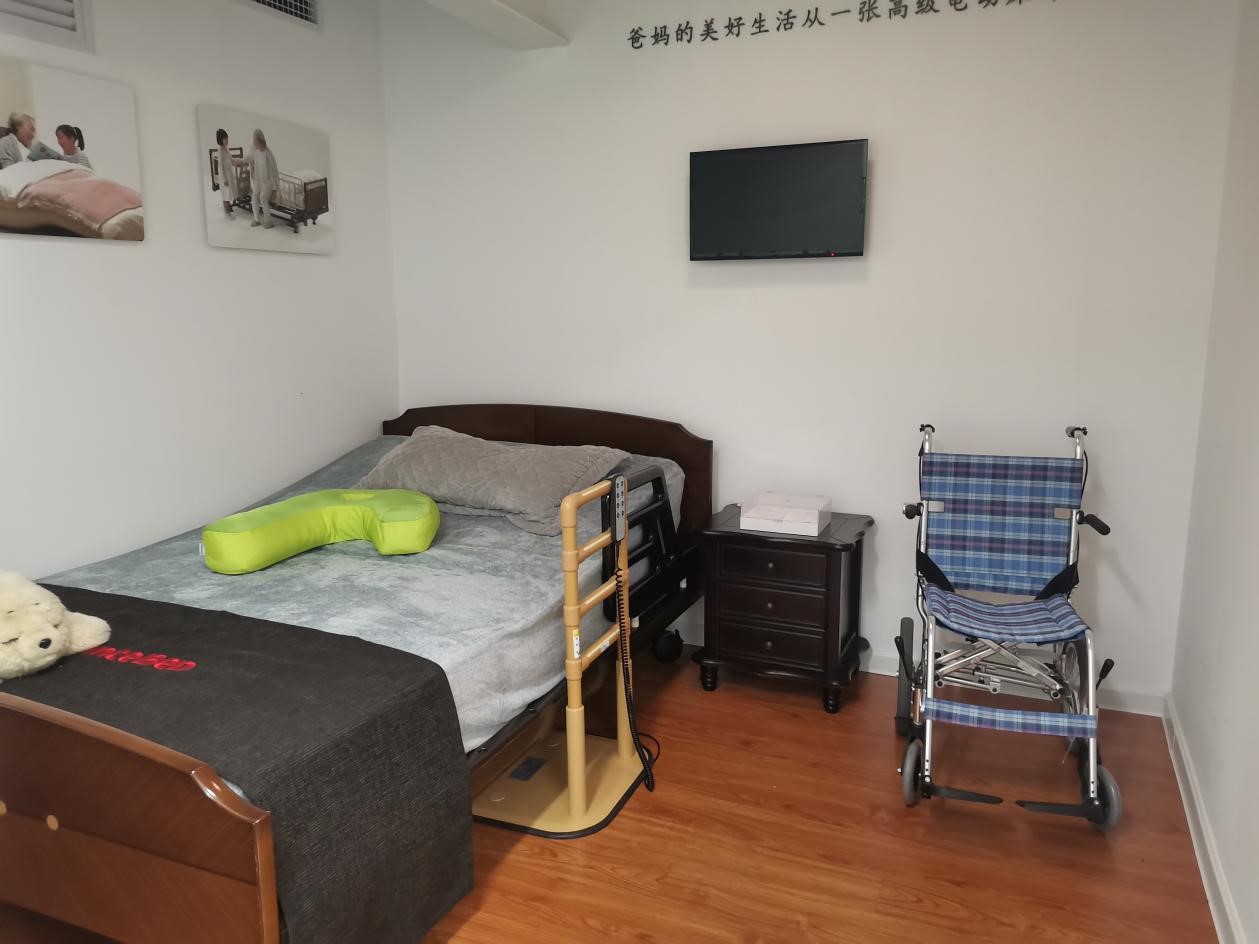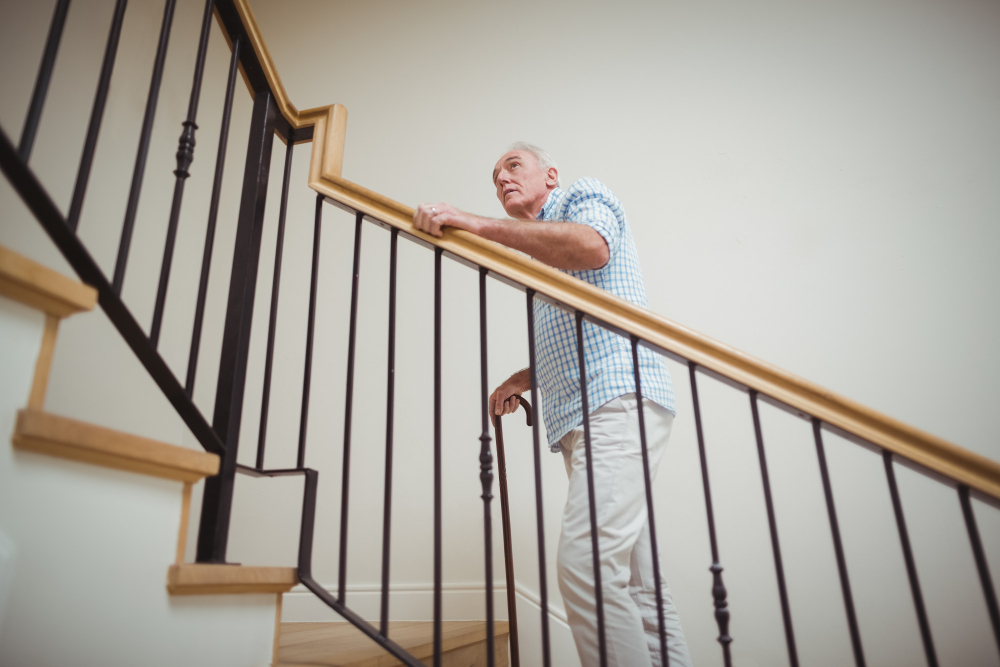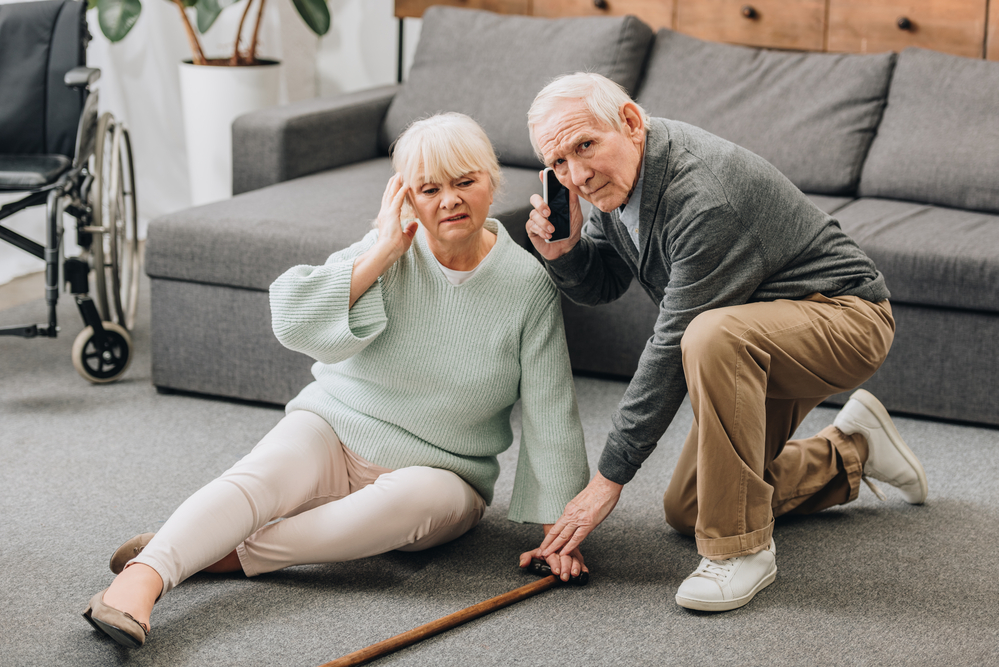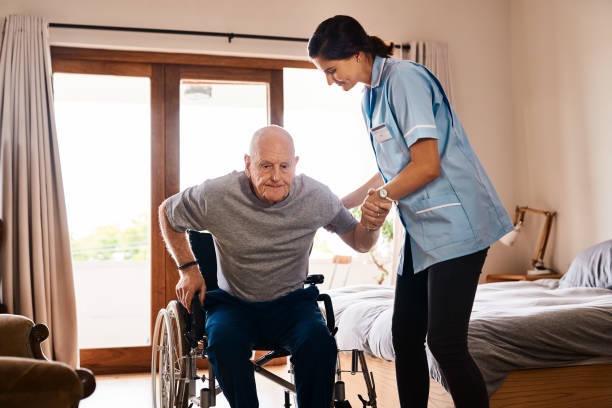As we age, our bodies undergo various changes that affect our balance and coordination. For heart patients, these changes can be even more pronounced, making them more susceptible to falls. Implementing fall detection systems can significantly improve the safety and well-being of these individuals.

Understanding the Importance of Fall Detection
Falls can have serious consequences, especially for those with heart conditions. A fall can lead to injuries such as fractures, head trauma, and even hospitalizations. For heart patients, the stakes are even higher as a fall can exacerbate existing health conditions.
How Fall Detection Systems Work
Fall detection systems are designed to identify when a fall has occurred. These systems use advanced sensors and algorithms to monitor movement and detect abrupt changes that indicate a fall. Once a fall is detected, the system alerts caregivers or emergency services, ensuring timely assistance.
Types of Fall Detection Systems
- Wearable Devices: These are typically worn as pendants or wristbands and are equipped with sensors to detect falls.
- Home-Based Systems: These are installed in the home and use cameras or motion sensors to monitor for falls.
Benefits of Fall Detection for Heart Patients
The implementation of fall detection systems offers numerous benefits. Firstly, they provide peace of mind to both the patient and their family members. Knowing that help is available at the push of a button or automatically in the event of a fall can alleviate anxiety and stress.
Additionally, these systems can reduce the risk of complications from falls. By ensuring that help arrives quickly, the severity of injuries can be minimized, and recovery times can be reduced.
Enhancing Independence
For many heart patients, maintaining independence is a significant concern. Fall detection systems can empower individuals to live more independently, knowing that they have a safety net in place.
Choosing the Right Fall Detection System
When selecting a fall detection system, it is essential to consider the specific needs of the heart patient. Factors such as mobility, lifestyle, and living environment should be taken into account.
Consulting Healthcare Professionals
Consulting with healthcare professionals can provide valuable insights into the most suitable fall detection systems for heart patients. They can offer recommendations based on the patient’s medical history and current health status.
Integrating Fall Detection with Other Safety Measures
While fall detection systems are a crucial component of safety for heart patients, they should be integrated with other safety measures. This includes making home modifications to reduce fall risks and engaging in balance training exercises.
For more information on balance training, you can visit Balance Training for Seniors.
Regular Health Check-Ups
Regular health check-ups can help identify any emerging issues that may increase the risk of falls. By addressing these issues early, the overall safety and well-being of heart patients can be enhanced.
Technological Advances in Fall Detection
Technological advancements have significantly improved the accuracy and reliability of fall detection systems. Modern systems are equipped with features such as GPS tracking, automatic fall detection, and even heart rate monitoring.
Future Developments
The future of fall detection looks promising, with ongoing research focused on improving sensor technology and integrating artificial intelligence. These developments aim to make fall detection systems even more effective and user-friendly.
Conclusion
The importance of fall detection for heart patients cannot be overstated. By implementing these systems, we can ensure the safety and well-being of heart patients, allowing them to live with confidence and independence.
For further reading, you can visit the CDC’s fall prevention page.
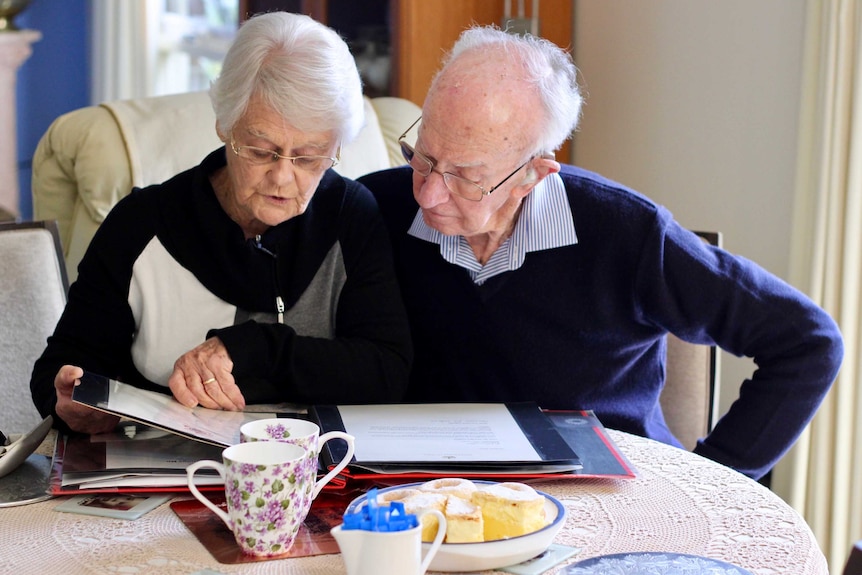
FAQ Section
1. What is the primary purpose of fall detection systems?
The primary purpose of fall detection systems is to identify falls and alert caregivers or emergency services to provide timely assistance.
2. Are fall detection systems suitable for all heart patients?
While fall detection systems are beneficial for most heart patients, it is essential to consult with healthcare professionals to determine their suitability based on individual needs.
3. Can fall detection systems prevent falls?
While fall detection systems do not prevent falls, they ensure that help is available quickly, reducing the risk of complications from falls.
This article contains affiliate links. We may earn a commission at no extra cost to you.



